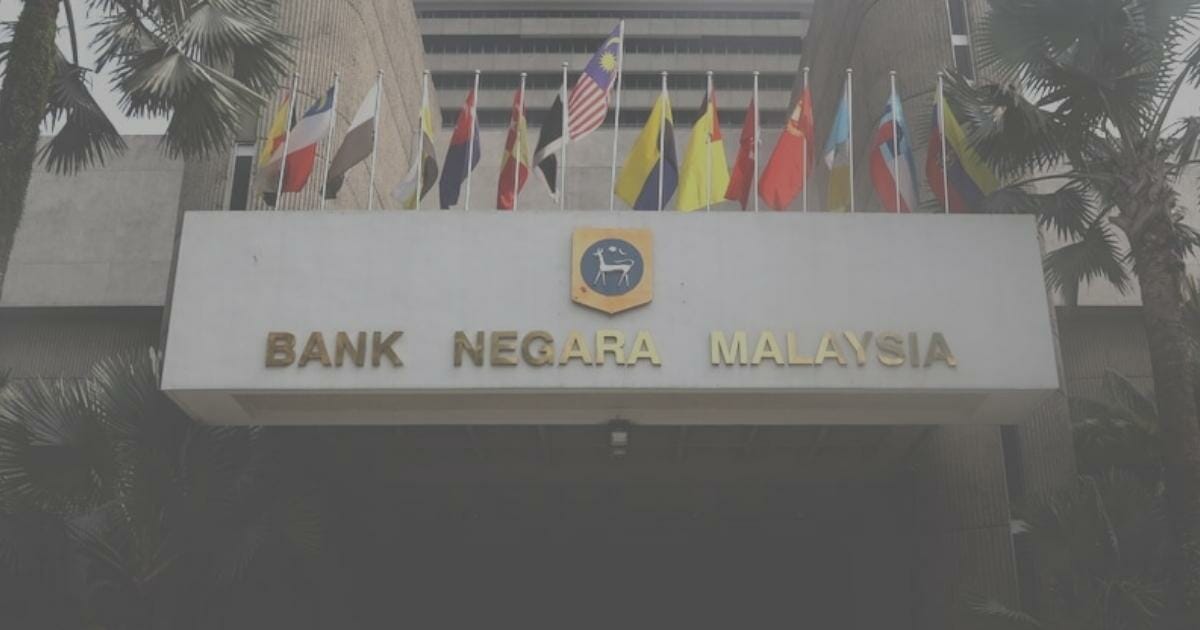The new Consumer Credit Act consultation was issued today (4/8/2022) and it addresses several approaches on various forms of lending being regulated by multiple agencies. The new Act by the Consumer Credit Oversight Board task force seeks to regulate and consolidate all consumer credit activities under its umbrella and at the same time, promote fair lending practices and responsibilities by credit providers.
This task force is together with collaboration from the Ministry of Finance, Securities Commission Malaysia, Ministry of Housing and Local Government, Ministry of Domestic Trade and Consumer Affairs, Ministry of Entrepreneur Development And Cooperation, and Companies Commission of Malaysia.
The consultation paper is the first of a two-part consultation paper. It will provide a comprehensive overview and perspective of the proposed regulatory framework. The second part aims to be released in Q4 of 2022 where it focuses on the finer details of authorization and licensing framework that will apply to credit providers.
The framework defines “credit consumers” as individuals who obtain or intend to obtain credit from a credit provider as well as micro, small and medium enterprises (MSMEs) who obtain credit from a credit provider not exceeding RM 500,000.
Based on this definition, P2P lenders will also be required to comply with minimum requirements under the Act as they typically provide financing to SMEs under an amount of RM 500,000.
The task force seeks to roll out the regulatory framework in 3 phases, the credit activities that will be regulated in the first phase; BNPL (buy now pay later), Factoring Leasing, Bad Debt Buyers and Debt Collection Agencies.
In this first phase, BNPL operators, factoring, or leasing businesses will be required to obtain a license from the Consumer Credit Oversight Board, and will need to register credit service providers engaged in debt collection and purchase of bad debts.
Since BNPL is currently an unregulated activity, it is expected that a grace period will be given to become a regulated entity during the transition. Whereas in the second phase, the Act seeks to regulate hire purchase, loan sales, moneylenders and moneylenders. Where currently, these consumer credit activities are handled by the Ministry of Housing and Local Government and the Ministry of Home Trade and Consumer Affairs.
Finally, in Phase 3 which is scheduled for 2030, further proposals will be developed to consider the appropriate regulatory architecture for the financial sector in Malaysia. The Task Force welcomes feedback to be submitted via email at [email protected] by 5 September. The task force will also conduct focus group discussion and engagement sessions with industry players over the next one to two months.
